Hormonal acne is a common skin concern that affects both teenagers and adults. It is primarily caused by hormonal fluctuations, leading to clogged pores, inflammation, and breakouts. One ingredient that has gained significant attention for its effectiveness in treating acne is retinol. But is retinol good for hormonal acne? This guide explores the benefits, potential side effects, and best practices for using retinol to manage hormonal acne effectively.
Is Retinol Good For Hormonal Acne?
Understanding Hormonal Acne
Hormonal acne occurs when hormonal changes trigger excess oil production and clogged pores. It typically appears on the lower face, jawline, chin, and neck. The main factors that contribute to hormonal acne include:
- Increased Androgen Levels: Higher levels of androgens stimulate oil glands, leading to clogged pores and breakouts.
- Menstrual Cycle Fluctuations: Women often experience acne flare-ups during their menstrual cycles due to hormonal changes.
- Stress: Elevated cortisol levels can lead to increased oil production, worsening acne.
- Diet: High-sugar and dairy-rich diets may contribute to hormonal imbalances, aggravating acne.
Given these causes, many people seek effective treatments, and retinol is often recommended as a potential solution. But is retinol good for hormonal acne? Let’s explore its effects in detail.
How Retinol Works for Hormonal Acne
Retinol is a derivative of Vitamin A and is widely used in skincare to improve skin texture and treat acne. Here’s how it helps with hormonal acne:
1. Unclogs Pores
Retinol accelerates skin cell turnover, preventing dead skin cells from clogging pores. This helps reduce breakouts and promotes clearer skin.
2. Reduces Inflammation
Inflammation is a major contributor to hormonal acne. Retinol has anti-inflammatory properties that help calm irritated skin, reducing redness and swelling.
3. Regulates Oil Production
Excess oil is one of the primary causes of acne. Retinol helps regulate sebum production, preventing excessive oil buildup that leads to breakouts.
4. Fades Acne Scars
Retinol promotes collagen production, which improves skin texture and helps fade acne scars and hyperpigmentation over time.
5. Prevents Future Breakouts
By keeping pores clear and reducing excess oil, retinol minimizes the chances of new acne flare-ups.
How to Use Retinol for Hormonal Acne
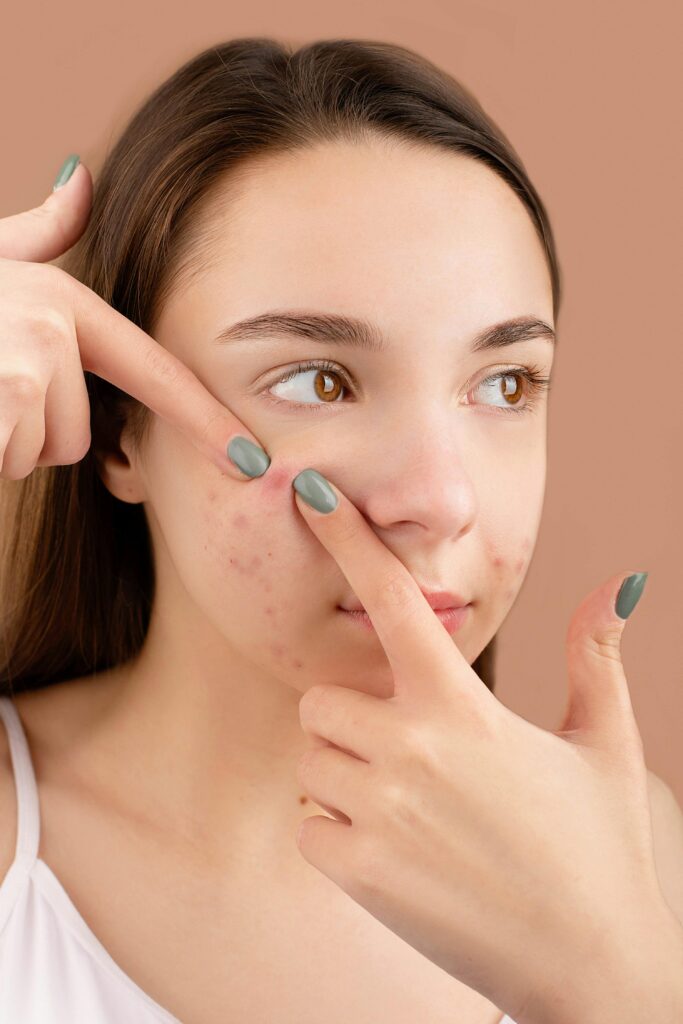
While retinol is good for hormonal acne, improper use can lead to irritation. Here’s how to incorporate it into your skincare routine safely:
1. Start with a Low Concentration
Begin with a 0.25% or 0.5% retinol product to allow your skin to adjust. Higher concentrations may be too strong for beginners.
2. Use It at Night
Retinol increases skin sensitivity to sunlight. Apply it in your nighttime skincare routine for the best results.
3. Apply a Pea-Sized Amount
Using too much retinol can cause dryness and peeling. A pea-sized amount is sufficient for the entire face.
4. Moisturize Well
Since retinol can be drying, apply a hydrating moisturizer after retinol to keep your skin barrier healthy.
5. Wear Sunscreen Daily
Retinol makes your skin more susceptible to sun damage. Always use SPF 30 or higher during the day.
6. Avoid Mixing with Harsh Ingredients
Do not use retinol with:
- Benzoyl Peroxide (can deactivate retinol)
- AHAs & BHAs (can cause excessive irritation)
- Vitamin C (may cause sensitivity if applied together)
Potential Side Effects of Retinol
While retinol is good for hormonal acne, it can have some side effects, especially when first introduced:
- Dryness and Peeling: Common in the initial weeks but improves with consistent use.
- Redness and Irritation: This can occur if the skin is sensitive or retinol is used too frequently.
- Purging: Some people experience an initial breakout as retinol speeds up cell turnover.
To minimize side effects, introduce retinol gradually—starting with 2-3 times per week and increasing usage as your skin builds tolerance.
Alternative Treatments for Hormonal Acne
If you experience irritation or sensitivity with retinol, consider these alternative treatments:
1. Salicylic Acid
A beta-hydroxy acid (BHA) that helps exfoliate the skin and unclog pores.
2. Niacinamide
An anti-inflammatory ingredient that controls oil production and reduces redness.
3. Azelaic Acid
A gentle alternative to retinol that helps with acne and hyperpigmentation.
4. Hormonal Treatments
Oral contraceptives or spironolactone may be prescribed by dermatologists for severe hormonal acne.
Related Article: 7 Natural Remedies to Stop Pimples on Your Face Permanently
Conclusion
So, is retinol good for hormonal acne? Yes, when used correctly, retinol is an effective treatment that helps unclog pores, reduce inflammation, and prevent future breakouts. However, it requires patience and proper usage to see results. Start with a low concentration, use it at night, and always pair it with moisturizer and sunscreen to minimize side effects. If retinol doesn’t work for you, alternative treatments like salicylic acid, niacinamide, and hormonal therapy can be considered.
By following these guidelines, you can effectively manage hormonal acne and achieve clearer, healthier skin over time!
Affiliate Disclaimer
This post contains Amazon affiliate links. As an Amazon Associate, I earn from qualifying purchases at no extra cost to you.
FAQs
1. Can I use retinol if I have sensitive skin?
Yes, but start with a low concentration and use it only 2-3 times a week initially. Always follow with a moisturizer.
2. How long does it take for retinol to work on hormonal acne?
Results vary, but most people see improvements within 6-12 weeks with consistent use.
3. Should I stop using retinol during my period when hormonal acne worsens?
No, consistency is key. However, if your skin becomes too irritated, you can reduce the frequency during this time.
4. Can retinol make my acne worse initially?
Yes, some users experience purging in the first few weeks. This is temporary and should improve as your skin adjusts.
5. Can I use retinol with other acne treatments?
Yes, but avoid mixing it with benzoyl peroxide, AHAs, BHAs, or Vitamin C in the same routine. Instead, use them on alternate nights.
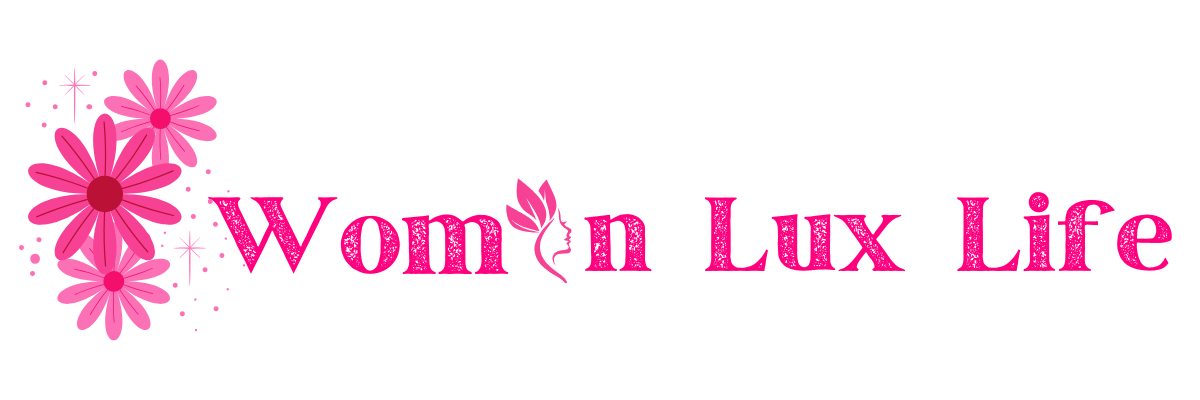
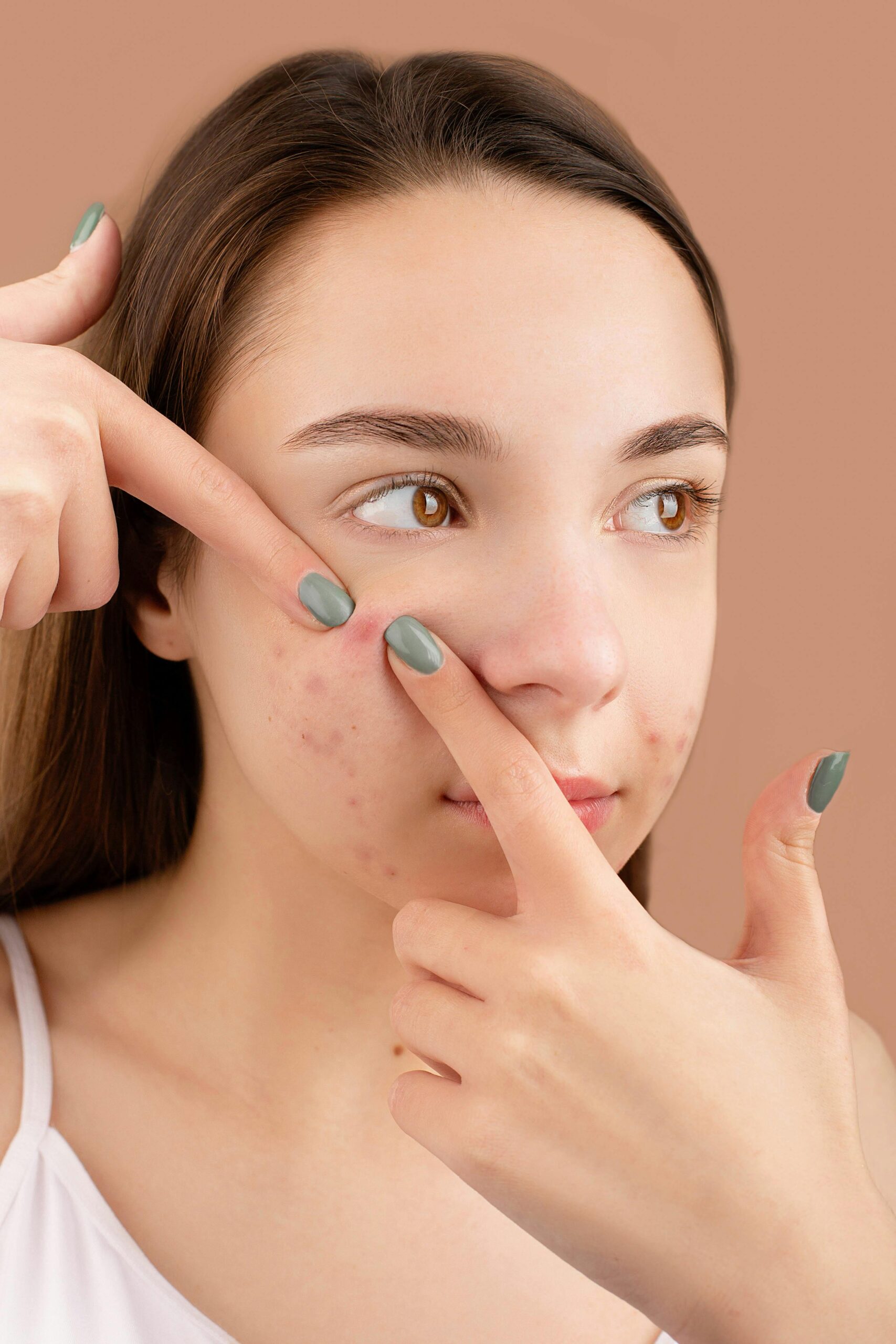
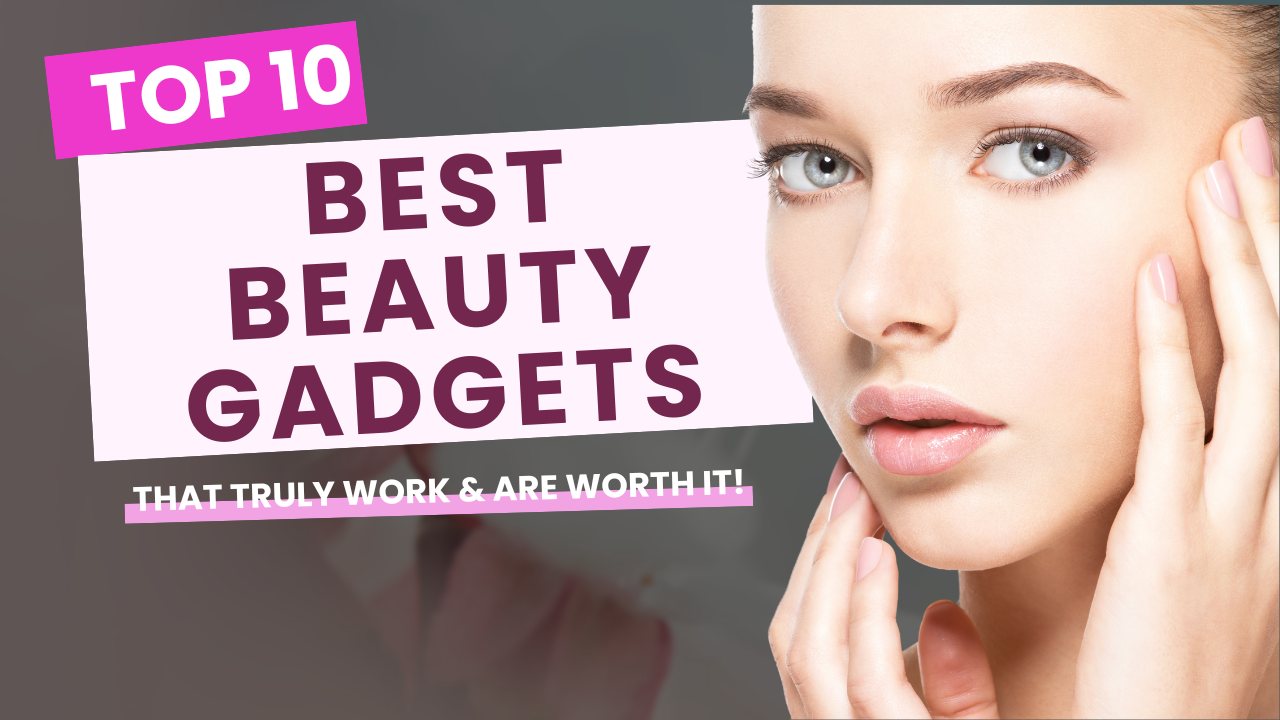
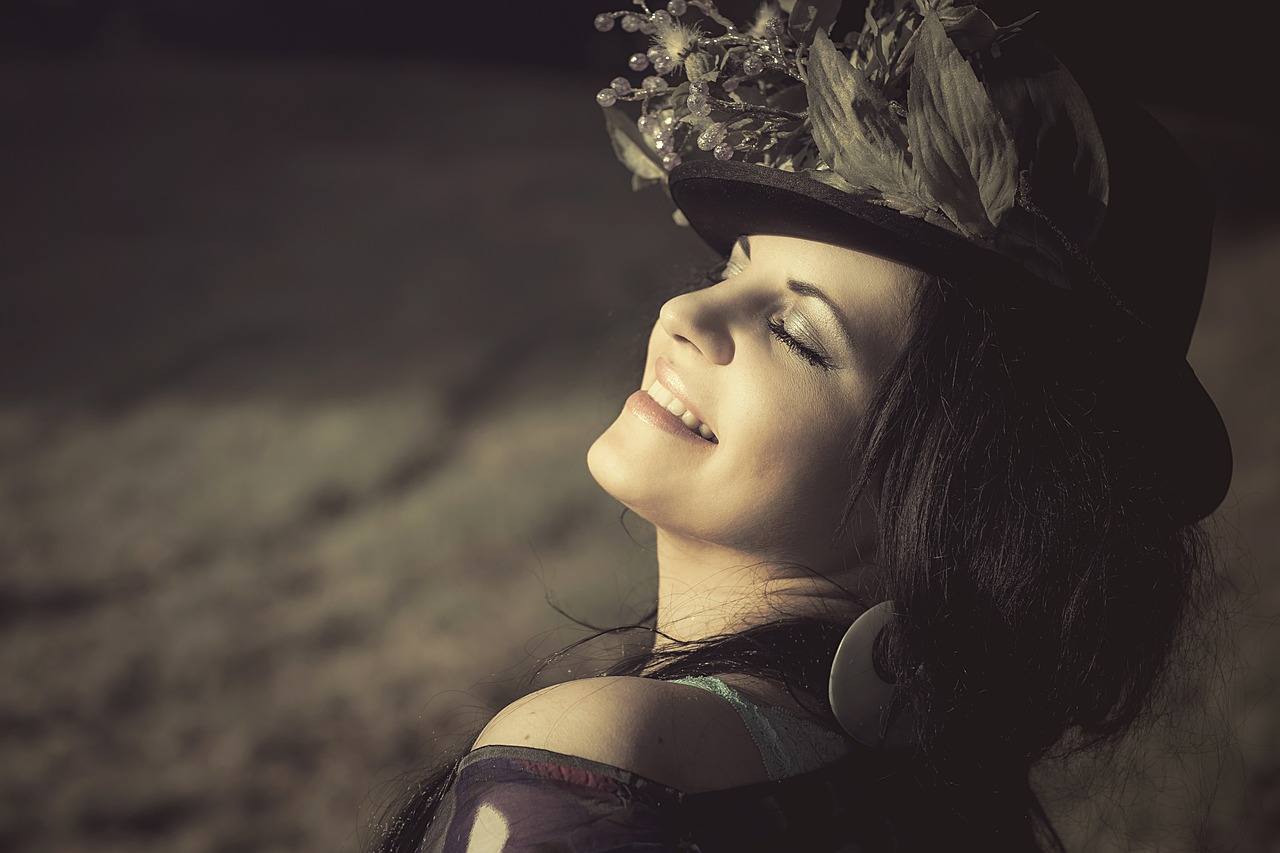
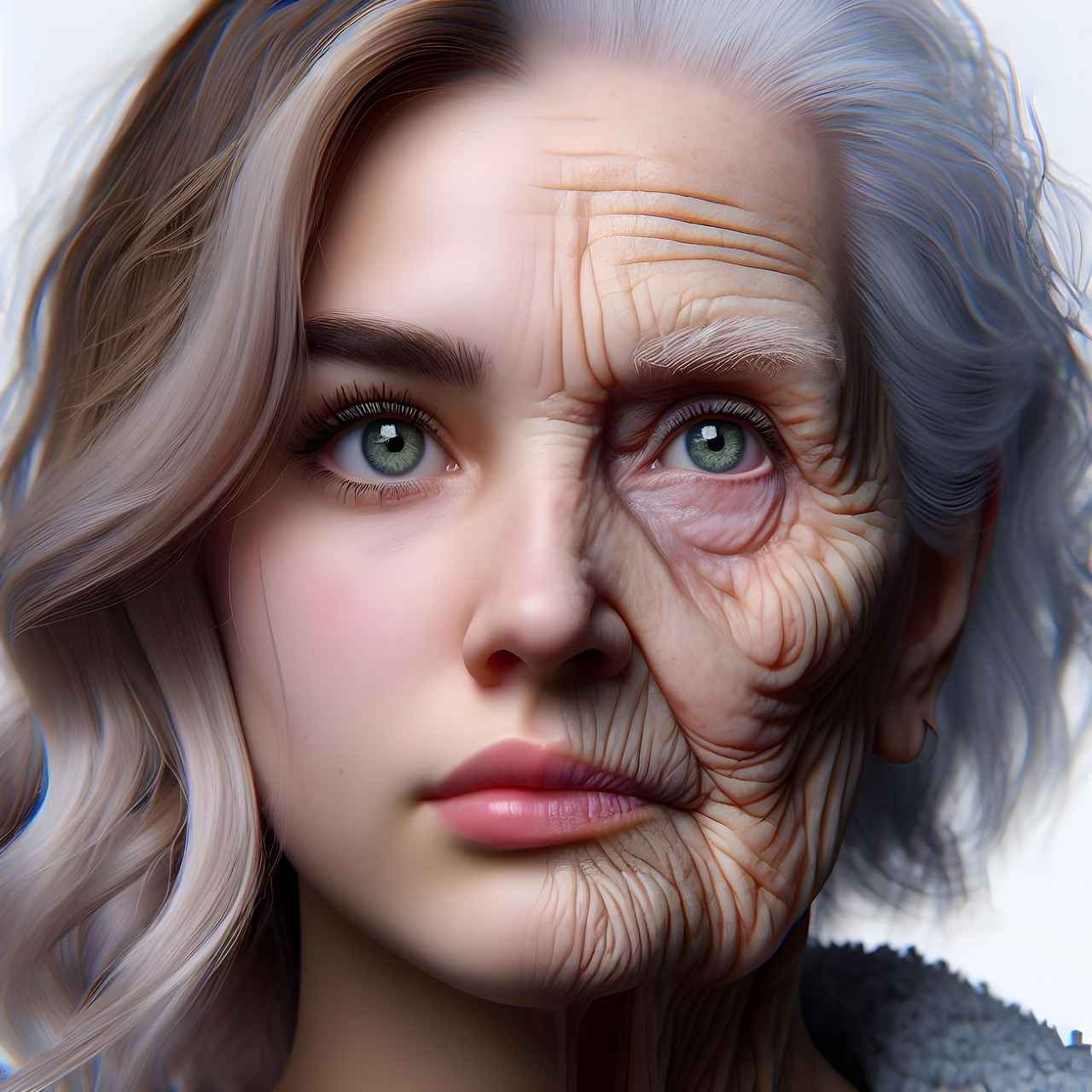

One thought on “Is Retinol Good For Hormonal Acne? The Complete Guide”